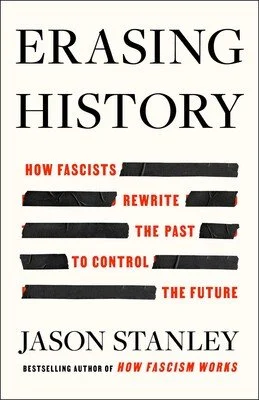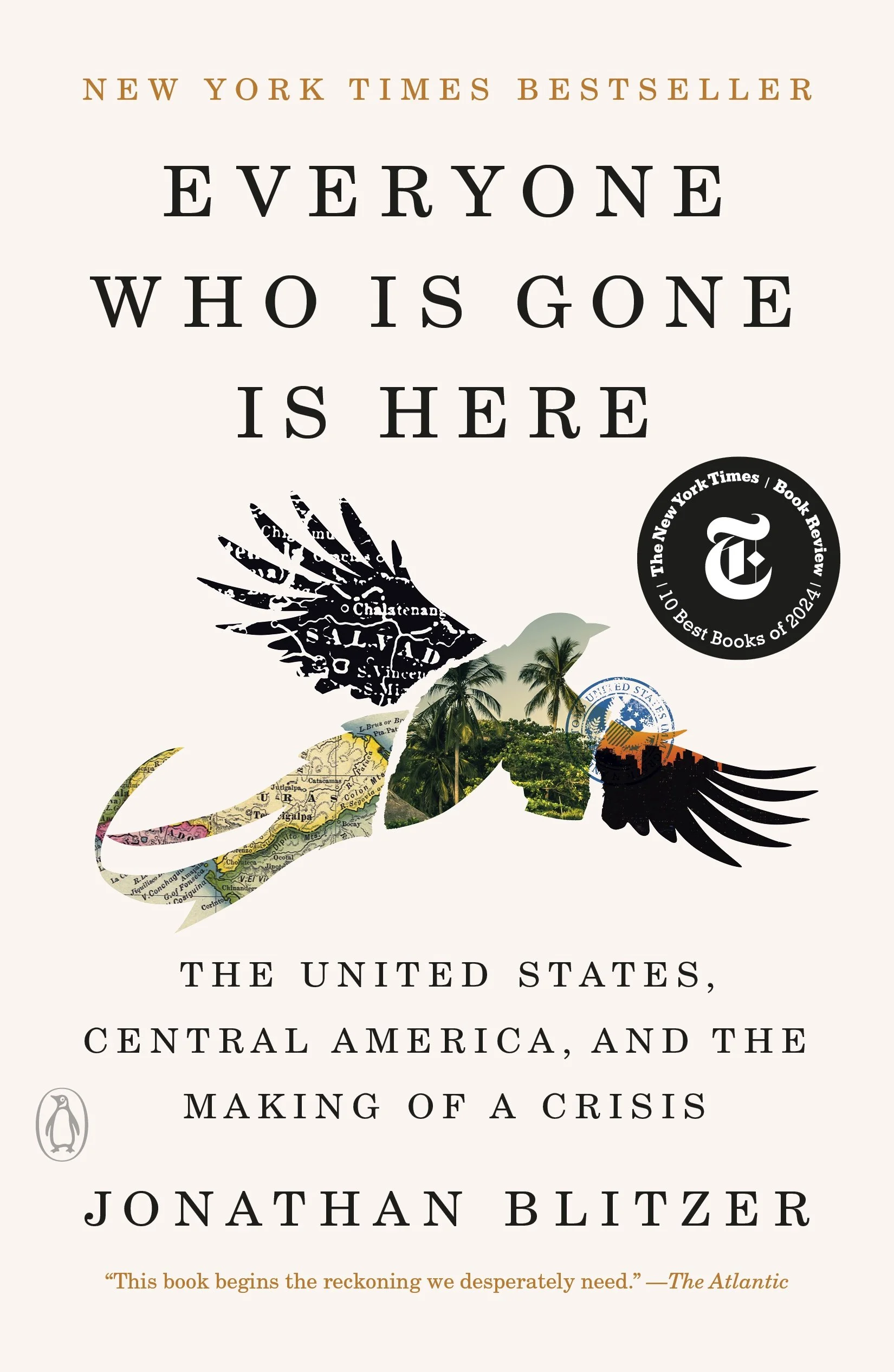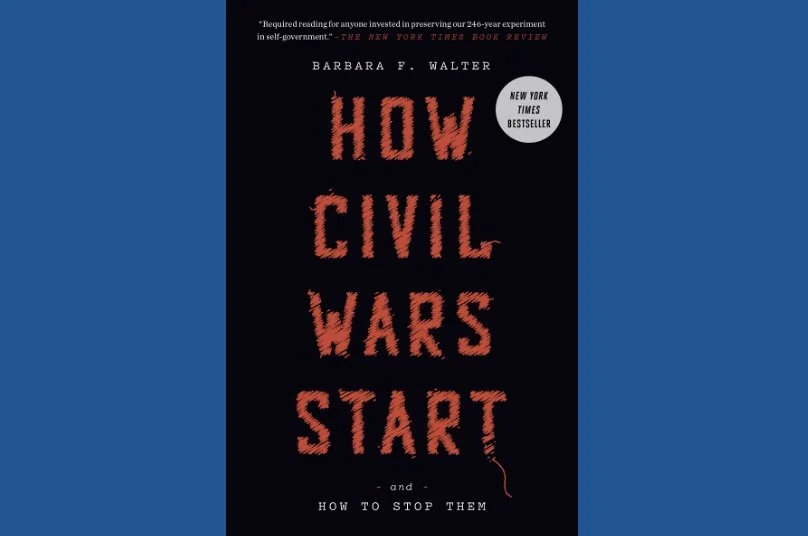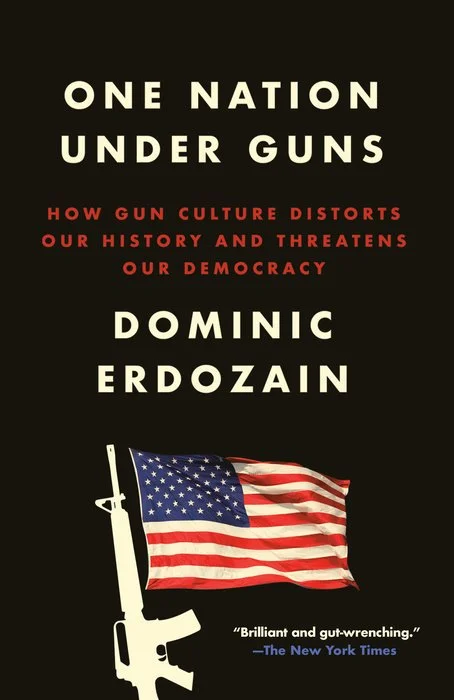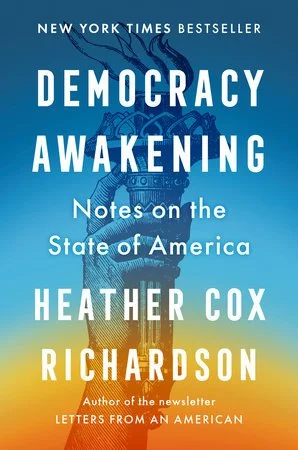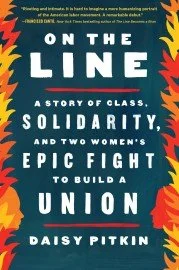
Book Discussion
Join members to discuss books relevant to areas of our program study. Copies of books for current and past discussions may be available in the League office. Reserve a copy by contacting our operations manager, Kerry Helmer. Feel free to attend, even if you have not had time to read the book.
Our next book selection is Erasing History, by Jason Stanley. Discussions will be
Thursday, January 22, 10-11:30 a.m. via Zoom
Saturday, January 24, 10-11:30 a.m. via Zoom
Please indicate your interest in participating by emailing books@lwvdanecounty.org with the date you would like to join.
Interested in joining or leading a book discussion? Have questions or suggestions of titles for future discussion? Email the organizers at books@lwvdanecounty.org.
In the United States, democracy is under attack by an authoritarian movement that has found fertile ground among the country’s conservative politicians and voters, but similar movements have found homes in the hearts and minds of people around the globe. To understand the shape, form, and stakes of this assault, we must go back to extract lessons from our past.
In authoritarian countries, critical examination of those nations’ history and traditions is discouraged if not an outright danger to those who do it. And it is no accident that local and global institutions of education have become a battleground, where learning and efforts to upend a hierarchal status quo can be put to end by coercion and threats of violence. Democracies entrust schools and universities to preserve a common memory of positive change, generated by protests, social movements, and rebellions. The authoritarian right must erase this history, and, along with it, the very practice of critical inquiry that has so often been the engine of future progress.
In Erasing History, Yale professor of philosophy Jason Stanley exposes the true danger of the authoritarian right’s attacks on education, identifies their key tactics and funders, and traces their intellectual roots. He illustrates how fears of a fascist future have metastasized, from hypothetical threat to present reality. And with his “urgent, piercing, and altogether brilliant” (Johnathan M. Metzl, author of What We’ve Become) insight, he illustrates that hearts and minds are won in our schools and universities—places that democratic societies across the world are now ill-prepared to defend against the fascist assault currently underway.
{Simon & Schuster website]
Recent selections
Earlier Selections


